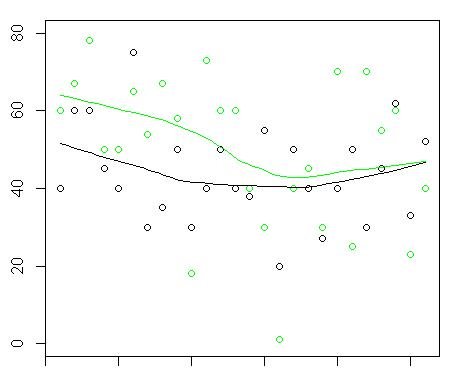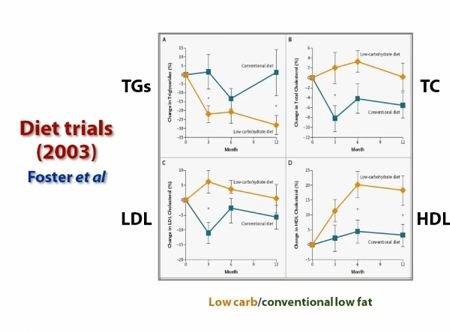"If you've kept weight off for 12 years your words carry credit, but I am surprised to hear that you attribute it just to this simple change. I wonder if you are exerting continual willpower and that your statement fully reads "Stopping after no longer being hungry and enduring any recurring hunger that arises before the next mealtime, is enough."
I try to keep my replies relatively brief so of course I did leave out a couple of important details. Most important, besides diet I "discovered" running and other exercises which I do 5-6 days per week.
To your inquiry, honestly I am not starving myself. I eat normal portions, just not "mega size."
I try to keep my replies relatively brief so of course I did leave out a couple of important details. Most important, besides diet I "discovered" running and other exercises which I do 5-6 days per week.
To your inquiry, honestly I am not starving myself. I eat normal portions, just not "mega size."


